Audits are conducted by independent auditors who are responsible for examining financial statements and accounting records to determine whether they are free from material misstatement. The balance sheet is a financial statement that reports a company’s assets, liabilities, and equity at a specific point in time. The balance sheet is important because it provides a snapshot of a company’s financial position. By analyzing the balance sheet, businesses can determine their liquidity, solvency, and financial flexibility. The primary function of accounting is to provide accurate and timely financial information to stakeholders, including investors, creditors, and management.
Financial analysts use ratios such as the quick ratio and debt-to-equity ratio to assess the liquidity and solvency of a company. Tax accountants work closely with the Internal Revenue Service (IRS) to ensure compliance with tax laws and regulations. They also provide advice on tax strategies and help clients minimize their tax liabilities. Cost accounting includes the calculation of direct and indirect costs, such as labor, materials, and overhead. This type of accounting is commonly used in manufacturing and service industries. Tax professionals include CPAs, attorneys, accountants, brokers, financial planners and more.
However, accounting plays a key role in the strategic planning, growth, and compliance requirements of a company. The Securities and Exchange Commission has an entire financial reporting manual outlining the reporting requirements of public companies. Larger companies often have much more complex solutions to integrate with their specific reporting needs. These four largest accounting firms (Ernst & Young, KPMG, PricewaterhouseCoopers, Deloitte) conduct audit, consulting, tax advisory, and other services. These firms, along with many other smaller firms, comprise the public accounting realm that generally advises financial and tax accounting.
Functions of Accounting
- It provides a clear picture of the financial health of your organization and its performance, which can serve as a catalyst for resource management and strategic growth.
- Bookkeeping focuses on recording and organizing financial data, including tasks, such as invoicing, billing, payroll and reconciling transactions.
- Financial analysts use this information to make informed decisions and recommendations.
- Managerial accounting also encompasses many other facets of accounting, including budgeting, forecasting, and various financial analysis tools.
- It has a range of features, including invoicing, expense tracking, and financial reporting.
- Cost accounting is the process of tracking and analyzing business spending to identify areas of waste and opportunities for cost savings.
Accounting information can be developed for any kind of organization, not just for privately owned, profit-seeking businesses. One branch of accounting deals with the economic operations of entire countries. The remainder of this article, however, will be devoted primarily to business accounting. One of the most common career paths in accounting is becoming a financial planner.
What are the different types of accounting?
By prioritizing transparency and accuracy in their financial reporting, companies can demonstrate their commitment to responsible business practices and build a strong foundation for long-term success. Inaccurate reporting can lead to serious consequences, such as legal and financial penalties, loss of investor confidence, and damage to the company’s reputation. Therefore, it is crucial that how to record a prepaid expense all financial reports are accurate and up-to-date.
International Financial Reporting Standards (IFRS)
It’s also worth noting that while all CPAs are accountants, not all accountants are CPAs. A certified public accountant (CPA) is a type of professional accountant with more training and experience than a typical accountant. In the U.S., licensed CPAs must have earned their designation from the American Institute of Certified Public Accountants (AICPA). Overhead costs are ongoing business expenses not directly attributed to creating products or delivering services. Rent, utilities, office staff wages, maintenance staff wages, supplies, equipment repairs, taxes, etc., are all considered overhead costs. Accounting is a back-office function where employees may not directly interface with customers, product developers, or manufacturing.
In Europe and elsewhere, International Financial Reporting Standards (IFRS) are established by the International Accounting Standards Board (IASB). Accounting principles are the rules and guidelines that companies and other bodies must follow when reporting financial data. These rules make it easier to examine financial data by standardizing the terms and methods that accountants must use. Accounting software allows you to do basic tasks such as tracking inventory, invoicing and payments, and generating reports on sales and expenses. It’s useful for small businesses and freelancers who don’t have the resources to hire an accountant or bookkeeper. Besides, this frees up time so you can focus on running your business smoothly.
Much of the reporting of such information is voluntary, especially in the United States. Investors and owners use this information to make decisions about investing in a company. They can see how profitable the company is, how much debt it has, and how much cash it generates. In addition to QuickBooks, there are many other accounting software programs available on the market.


